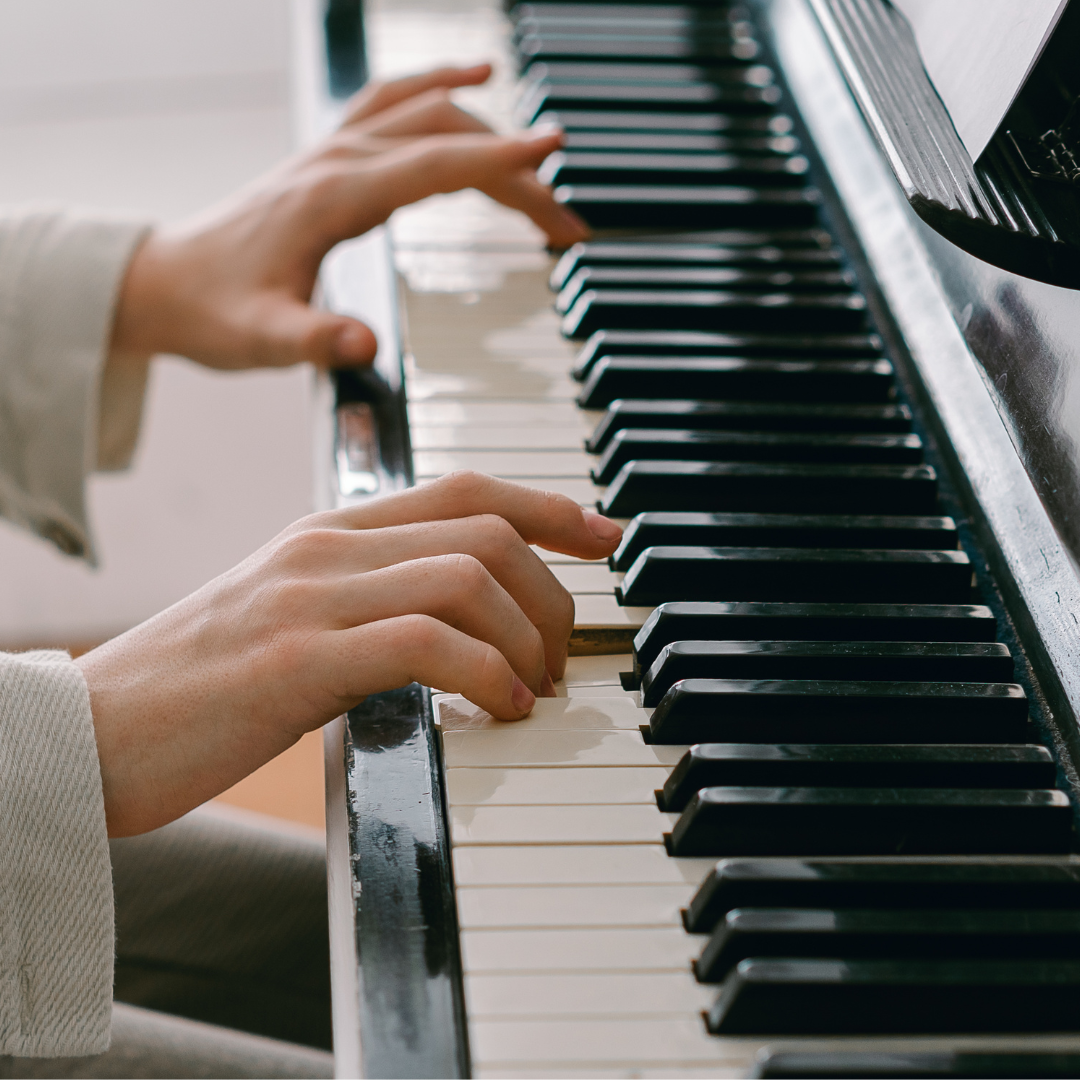Playing piano can be a challenging but rewarding experience for anyone, but one of the most common reasons we hear people say when we ask why they don’t play piano is: “My hands are too small.”
There is definitely a disillusion, especially amongst adults, that you need to have big hands to be able to play piano. While some pianists may have larger hands that can easily stretch across multiple octaves, others may have smaller hands that require a different approach and actually have a number of benefits to your playing.
Just remember, Mozart was just 3 years old when he began learning piano and there are plenty of child virtuoso pianists out there likely with smaller hands than you! In this article, we will explore some tips and techniques that can help those with small hands to play piano with confidence and ease.

Know Your Advantages
Whilst those with larger hands certainly do have an advantage on reaching across larger areas on the keyboard, those with smaller hands have a much larger advantage when it comes to intricate movements in close proximity to one another. Where those with larger hands may find it trickier to perform close intricate hand movements, for smaller hands, this should be far easier.
Use Proper Hand Positioning
Using proper hand position is essential for all pianists and is something that we would highly recommend learning through a piano teacher instead of via an online app or video, but it is especially important for those with smaller hands.
The key component here is to help keep your fingers curved and your hand relaxed. This allows you to maximise your reach and minimise the strain on your muscles. It's also important to keep your wrists straight and your fingers close to the keys, which can help to reduce tension and improve accuracy.
To learn more about this, try reading our guide to warm up exercises to help keep your fingers nicely warmed up and mobile whilst playing.

Play In A Different Octave
If you're having trouble reaching certain notes that span across the entire keyboard, consider playing your piece in a different octave and see if it is possible.
By playing a piece one octave higher or lower, you can often find notes that are easier to reach and more controlled. Whilst this may slightly change the tone of the piece, it can make your playing far easier, this can be especially helpful for those with small hands who may struggle to reach the lower notes on the keyboard.
By instead opting for octaves found more towards the centre of the piano, you will be required to reach with less strain.
Use The Sustain Pedal
The sustain pedal can be a powerful tool for pianists of all levels, but it can be especially useful for those with smaller hands. By using the sustain pedal, you can hold notes for longer periods of time, which can give you more time to move your hands into position for the next notes.
This can help to reduce the amount of stretching required, making it easier to play complex pieces. Even just holding the notes for a fraction longer than you typically would can give you all the time you need to reach the desired notes whilst having minimal impact on your playing. Learn more about pedalling in our guides to the una corda and sostenuto pedal here.

Practise Regularly
Finally, and perhaps the most apparent thing to do for those concerned with small hands…Practise!
The most important tip for playing piano with small hands is to practise regularly and consistently. As you become more familiar with the keyboard and develop your technique, you will find that your reach and accuracy improve over time. Consistent practice can also help to improve your hand strength and flexibility, which can make it easier to play even the most challenging pieces.
In conclusion, if you think your hands are ‘too small’ to learn piano, you are wrong! Playing piano with small hands is definitely possible with the right techniques and tools. By following these tips and practising regularly, pianists with small hands can enjoy the beauty and joy of playing the piano without limitations. Remember, the most important thing is to enjoy the process and have fun!
Looking to invest in your first piano or upgrade your current instrument? Contact our experts today or visit our showroom to explore our piano ranges.

